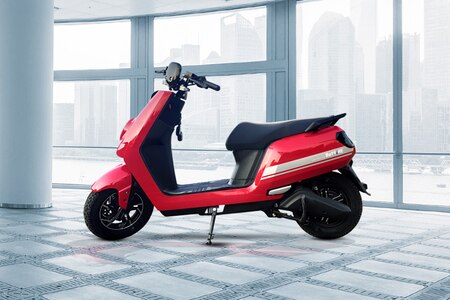CNG cars vs electric vehicles: The what, which and why of clean mobility
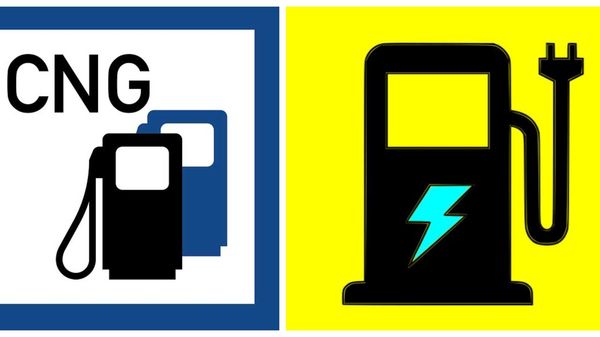

At a time when electric vehicles are fast making their presence felt the world over as well as here in India, cars with CNG kits and the promise of cleaner mobility have been doing the rounds for years together. Providing a cheaper alternative to petrol vehicles, CNG cars have become a common sight in many cities in the country and the numbers are likely to keep surging. But will the increasing options in EVs and the increasing supporting infrastructure sway people away from CNG options? Will the lower running cost of an EV hurt prospects of a CNG-powered option? What about mileage or the so-called range factor?
Also Read : 56 new CNG stations opened in 13 states | Govt mulls installing EV charging kiosks at around 69,000 petrol pumps in India
Here's breaking down the factors that can help you make an informed decision if you are looking at viable alternatives to petrol and diesel powered vehicles.
Also check these Vehicles
CNG vs EV- The emission debate
When CNG kits were first introduced in India, these promises far lower emission levels than regular petrol and diesel vehicles. The promise of being a green fuel remains intact with many experts heaping praise on CNG as a more environmentally friendly option. US Department of Energy, for reference, has noted that CNG vehicles emit substantially lesser amount of greenhouse gases than regular gasoline and diesel vehicles, assuming the kits are approved by the country's Environmental Protection Agency (EPA).
While CNG kits do help in bringing down harmful emissions, EVs promise zero emissions because these are powered by battery packs. As such, EVs have a major advantage over any other powertrain that is currently in production form.
CNG vs EV - Upfront cost and running charges
A number of car makers in India now offers factory-fitted CNG kits on several products. The major advantage is that a customer does not lose the warranty on his or her new car purchased and can also benefit from the peace of mind that comes with a the quality promised by a factory-fitted system. Typically, the kit would make the new car more expensive by around ₹45,000 to ₹60,000 - depending on the car, the model, the kit and the car maker.
EVs are still, unfortunately, an expensive buy. If a car model X, for example, costs ₹8 lakhs, its EV version is often substantially more pricey even if the battery is the only major change. The only all-electric cars available currently are in the rather premium price bracket and while these do offer a reasonably high range, are out of reach for the masses.
So while CNG vehicles have a clear advantage in terms of buying cost, EVs do hit back when it comes to how much it costs to munch miles and maintain it. A kilo of CNG costs around ₹46 in Delhi presently. While range depends as much on the kits fitted as the size of the cylinder, a driver would roughly pay ₹3 per kilometre. It would be cheaper to drive an EV.
How? For example, if a unit of electricity costs ₹6.5 and it takes 16.5 units to charge up a small EV with a range of around 150 kilometre, then the per kilometre cost of such a vehicle on the move would come to well under Re 1.
Experts also say that maintaining an EV would be far more affordable because such a vehicle has far less parts than a vehicle with an internal combustion engine. Remember, a CNG vehicle still has a regular international combustion engine.
CNG vs EV - What are the options
Plethora of options are available in the Indian market when it comes to CNG vehicles. But there are two things to note here - CNG kits can only be fitted in petrol vehicles, not diesel. And the options are currently only in compact, hatchback and sedans. None of the SUVs offered in the market currently come with factory-fitted kits.
Companies like Maruti Suzuki and Hyundai are among the several manufacturers which offer factory-fitted CNG kits on many of their car models. Others are reportedly close to offering the same as well.
EVs, however, are still rather limited in the country. Hyundai, Tata Motors, Mahindra and MG are among the few that have EV options available with Mercedes also gearing up with its EQC in the premium luxury SUV segment. While the list is only going to grow with time, the options are just this for now.
CNG vs EV - Final verdict
CNG vehicles have some very clear advantages over EVs. They are, comparatively, far less expensive to buy. These also come with the dual-fuel option which means in case CNG levels run out, one can always switch to petrol. Goodbye range anxieties.
EVs however do hit back in many other ways. These are clean vehicles in the truest sense and zero emission levels is a mighty feature to have in a resume. These also offer better drive capabilities and usually always have better performance (acceleration, NVH levels) than their petrol/diesel counterparts. Boot space is not compromised with a bulky cylinder and lower running and maintenance costs means that if one keeps a vehicle for at least eight to 10 years, it could work out to be a practical decision.
The number of CNG stations in the country are increasing by the day and while getting a refill in cities like Delhi can take up to an hour during peak times, finding a station is no trouble. The actual process of re-fill takes around five minutes at the max.
EV charging points in the country are also being increased but currently, these are still very few. The problem can be addressed by plugging in the vehicle to a home charging point at any time that is convenient but the charging itself takes more than 10 hours unless using a DC fast charging unit.
Should you buy an EV then? Absolutely if it is a lifestyle choice aimed at protecting our planet. Absolutely if highway runs are rather limited. And absolutely if performance and ride comfort are high on the list of priorities.
Or should you just go in for a CNG vehicle instead? Buying a CNG vehicle is also doing a small bit for the environment but this decision makes far more sense for those on an absolutely tight budget. Most kits are now developed to an extent which means sacrifice in performance is very marginal and if that is fine, these vehicles continue to make a whole lot of sense. No, they can't be refilled at home. And no, they can't accommodate big bags - not in the boot at least. But these do seek to provide a middle path in many ways.







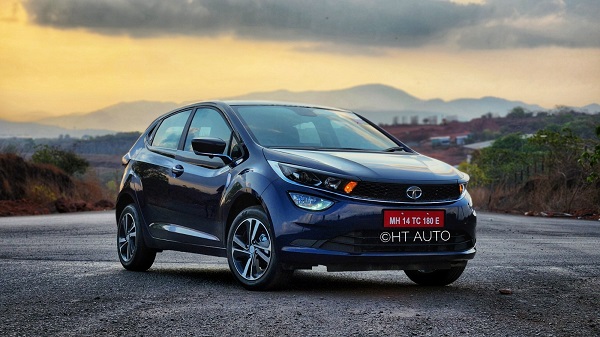
 1199 cc
1199 cc CNG
CNG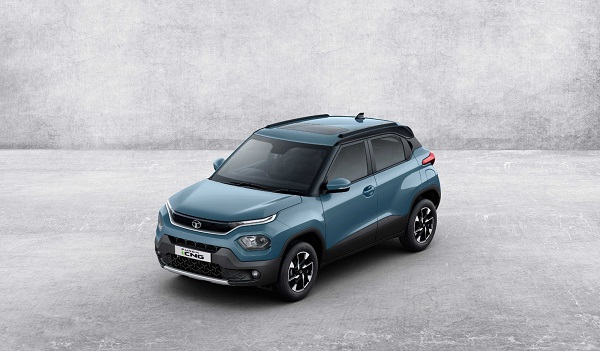
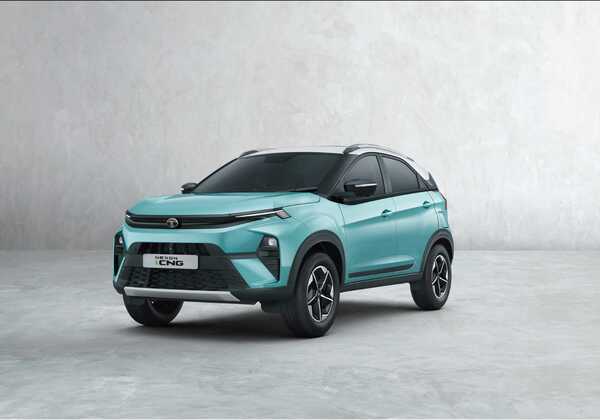

 3.1 kWh
3.1 kWh 60 km
60 km